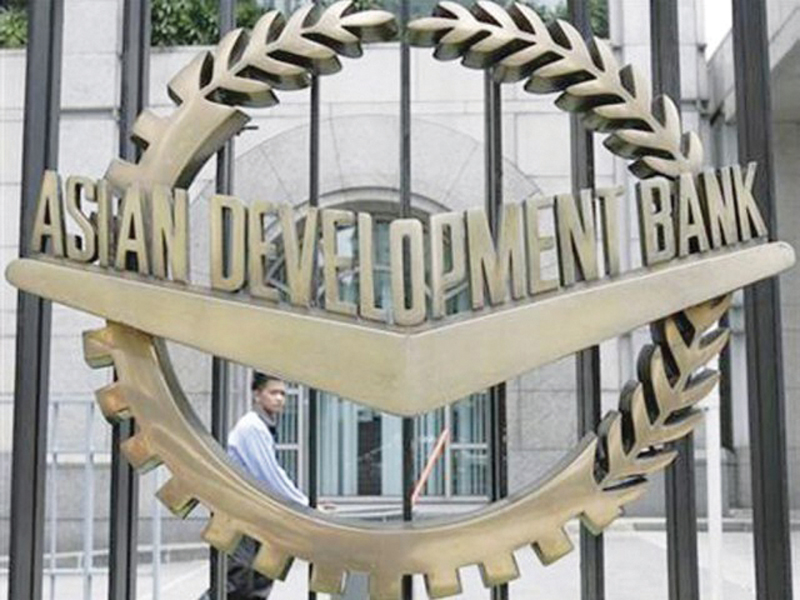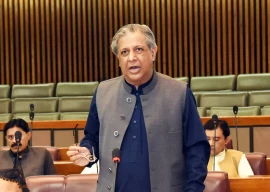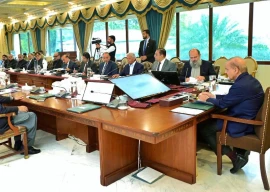
ISLAMABAD:
Pakistan and the Asian Development Bank (ADB) have signed an agreement for a $400-million loan to help Islamabad carry out reforms in the energy sector aimed at overcoming power shortages and ensuring accountability in a highly inefficient sector.
The agreement was signed by Nargis Sethi, secretary for Economic Affairs Division and Werner E Liepach, the ADB’s country director for Pakistan.
It is the first programme loan by the Manila-based lending agency after a gap of almost six years.
The multilateral lenders had suspended the programme loans to Pakistan during Pakistan Peoples Party’s tenure. However, the project loans, aimed mainly for procurement of goods, continued during the five-year period.
“The programme loan will support key reforms in the energy sector to enable Pakistan ensure uninterrupted supply of cheaper and dependable power to millions of industrial and private consumers who are presently adversely affected by long hours of power outages,” said Liepach.
He said the ADB’s assistance for the energy sector will help propel growth, boost businesses, and create jobs that are critical to reducing poverty in the country.
Like its predecessor, the PML-N government has remained unable to introduce meaningful reforms in the energy sector during its first year in power, except increasing power tariffs, which the analysts term an administrative action instead of a reform.
The government has so far failed to reduce line losses, control theft and appoint professional heads at power distribution and generation companies.
According to a handout issued by the ADB, the lending programme was in line with Pakistan’s National Power Policy approved in 2013. It added a sustainable energy sector reform programme that will target robust policy, capacity development and institutional strengthening action to reduce crippling power shortages. The power shortages according to estimates are costing the country about 2% of its GDP growth every year.
It further noted that the ADB along with Japan and the World Bank have been working with the government to formulate and implement a five-year plan aimed towards the power sector.
The programme will support the government’s plans to rationalise tariffs and eliminate subsidies by 2016, except for low income customers.
“The reforms will improve transparency and accountability, which will also go a long way in leveraging stronger private sector-led investments in the power sector,” Liepach added.
The full programme, set to complete by June 2018, spans a total of a $1.2-billion investment by ADB, and for the first sub-programme, co-financing is expected from Japan with $49 million and the World Bank with $600 million.
ADB is the leading development partner in Pakistan’s energy sector supporting a wide range of power sector activities including energy efficiency, transmission, distribution, cross-border natural gas pipelines, power generation, and renewable energy projects.
Owing to delay in undertaking critical reforms, the PML-N government is going to spend over Rs270 billion on power subsidies against budgetary allocation of Rs220 billion for the current fiscal year 2013-14, according to officials of the Ministry of Finance.
Published in The Express Tribune, April 29th, 2014.
Like Business on Facebook, follow @TribuneBiz on Twitter to stay informed and join in the conversation.
COMMENTS (1)
Comments are moderated and generally will be posted if they are on-topic and not abusive.
For more information, please see our Comments FAQ


































































Hi, Just wondering what sort of reporting is this that provides no information about the interest rate at which this loan is given. Loan without at least term period and interest rate seems to be a half baked cake to me.
A kind suggestion is to at least include the interest rate so that people get better info.